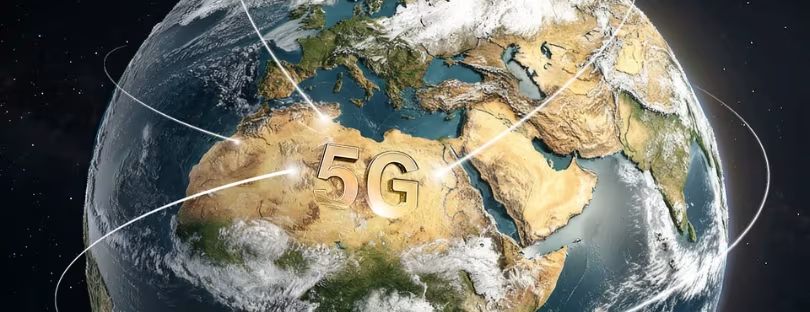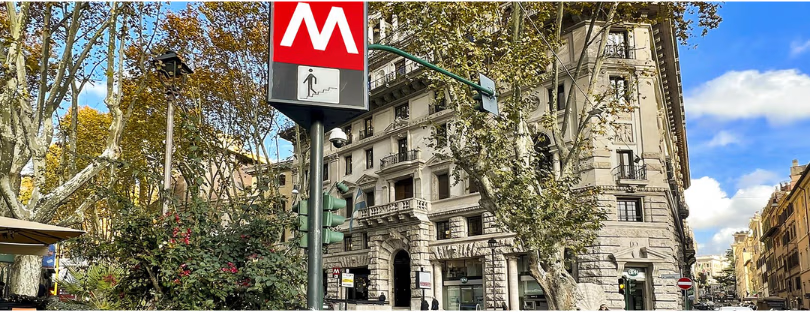
5G to arrive in Portugal within weeks
After a long yawn-out auction of 5G-friendly spectrum, Joao Cadete, head of Portuguese regulator ANACOM, says operators in Portugal are revving up for commercial launch. portugal 5g
Portugal and Lithuania are the only two European Union countries that have not yet embarked on a commercial rollout of 5G technology, which will allow for everything from self-driving cars to remote surgery.
Speaking to media after an epic 200-day auction of spectrum, which swelled government coffers by nearly €567 million, Joao Cadete indicated – as reported by Reuters – that once one or two administrative wrinkles are ironed out then operators will be pretty much ready to go.
“It will be quick… maybe a few weeks,” said ANACOM’s chief before adding – no doubt with the country’s ‘big three’ in mind – that the auction will bring “much-needed competition in Portugal.”
Vodafone Portugal, however, couldn’t resist have another dig at ANACOM about the auction’s design, with CEO Mário Vaz was far from happy.
“I am disappointed that the auction regulation was poorly thought out and designed and its excessive delay, which resulted in a significant delay in the implementation of 5G in Portugal compared to other European countries,” he said in statement. “ harmful consequences for the Portuguese, companies and the economy in general.”
Aside from Vodafone Portugal, NOS and MEO picking up various licence concessions, two newcomers look set arrived on the mobile scene: cable operator Telecom Nowo, owned by Spain’s Masmovil, and Dixarobil, which belongs to Romanian group DigNi.
Dense Air Portugal, part of London-headquartered Dense Air Group, which focuses on the “neutral host” model, also won 5G licence concessions to shore up its existing 3GHz spectrum. It won’t be making splash in Portugal’s 5G retail market, however, as it’s sticking to wholesale.
Who got what? portugal 5g
All the details are here from ANACOM, but not exactly in a format that makes it easy to get a quick overview.
In summary, NOS splashed out the most (around €165m) and acquired more spectrum than anyone else. Inevitably, perhaps, it declared itself the auction’s “winner.”
For its money, NOS secured 100MHz in the 3.6GHz band and 2x10MHz in the 700MHz band (all for 5G). It also acquired 2x5MHz in the 2100MHz band and 2x2MHz at 900MHz band, which NOS says will be used to “reinforce its 4G network and improve the quality of service throughout the entire country”.
As for Vodafone Portugal, it paid €38.4 million for 700MHz spectrum (2x10MHz) and €94.8 million, for 90MHz at 3.6GHz.
MEO paid around €125.23m spectrum in multiple bands (700MHz, 900MHz, 2.1GHz and 3.6GHz).
Delayed by the COVID-19 pandemic, the auction of several spectrum lots was launched by ANACOM in January, despite legal challenges from the main players who say the rules unfairly favoured new entrants.










